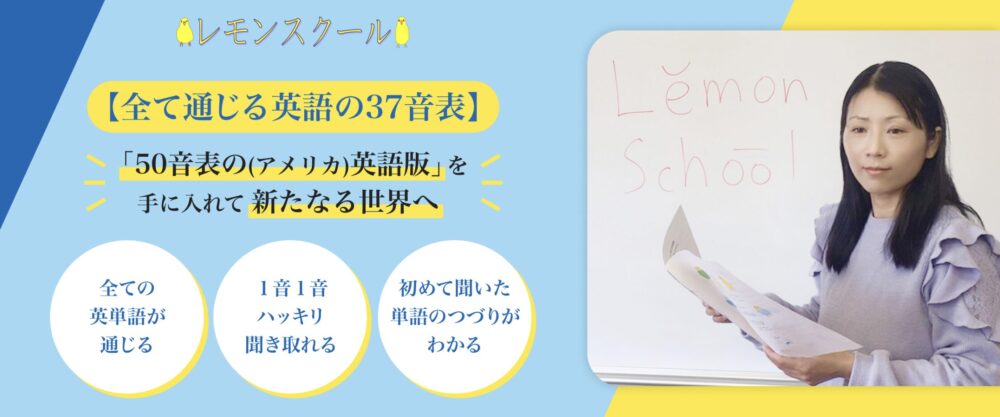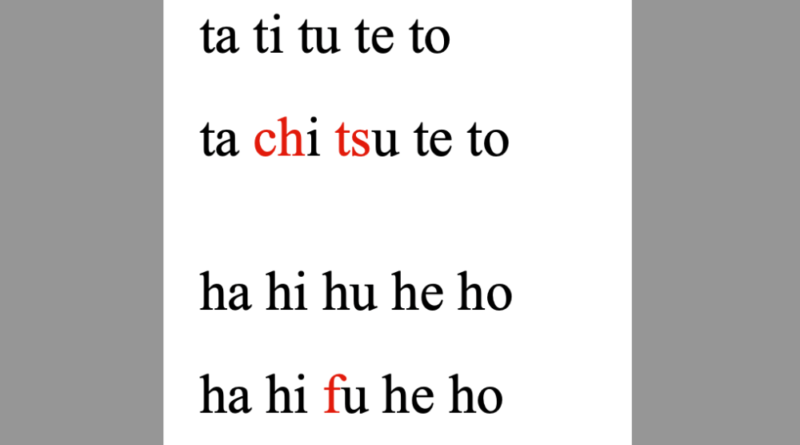柴田武史先生の英語の発音に関する投稿:You Are What You Say; You Are How You Sound.
2024年10月5日に行われた、発音技能検定特級ホルダーのZoomミーティングで、
~『発音なんてどうだっていいじゃん』にどう答えるか~
「英会話なんて、相手に通じればいいんだから。発音なんてやらなくてもいいんだよ。」
「カタカナ英語でも文法さえ合ってたら大丈夫!身振り手振りでもなんとかなるし。」
という意見をよく聞きますが、これに対して、トピックを持ち出していただいた柴田武史先生が、ご自身のFacebookに答えの一つを投稿されていました。私も全く同感なので、是非ともシェアしたいと思い、コピーペーストさせていただきました。良いお話なので、是非みなさん英語のリーディングの練習も兼ねて、読んでみて下さい。
You Are What You Say; You Are How You Sound.
Imagine yourself writing a resume to apply for a job. No matter how great your qualifications are, if your handwriting is messy and hard to read, it’s likely to leave a bad impression. Nobody would say, “As long as they can read it, there’s no problem.” You want to write neatly so the person reading it doesn’t have to struggle. The same thing applies when you send a New Year’s card—if it’s written with sloppy handwriting, it might leave the person with a bad impression. Most people would agree that’s impolite.
The same rule applies to pronunciation. When we speak English, it’s natural to have an accent, but if you say, “As long as they understand me, it’s fine,” you’re making it harder for the listener. If your pronunciation isn’t clear, it can interrupt the conversation and may lead to misunderstandings. Pronunciation, like handwriting, serves as a crucial interface in communication.
Of course, not every Japanese speaker needs to aim for native-level pronunciation. But trying to speak clearly without jarring mispronunciation so that communication is smooth is really important, especially in business or international situations. Just like we try to write neatly on a resume, we should also aim for clear pronunciation to make it easier for the listener. Practicing pronunciation isn’t just about getting better at speaking; it’s also about being thoughtful and respectful to the person we’re talking to.


